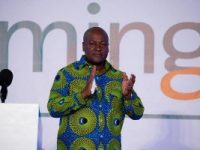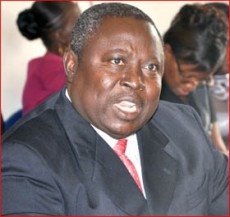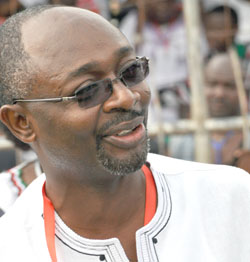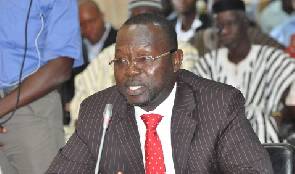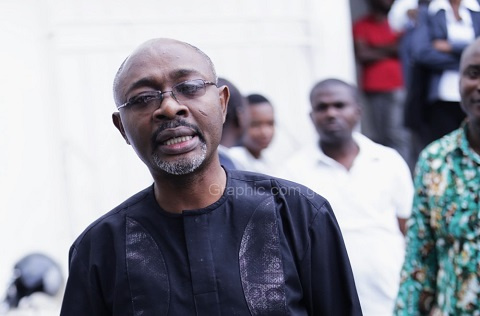
The Supreme Court has ordered the sale of Mr Alfred Agbesi Woyome’s assets to defray a GH? 51.2million debt he owes the state.
The court is of the view that the claim by UT Bank that Woyome sold two houses at Trassaco Estate to the bank was a sham.
Graphic Online’s Mabel Aku Baneseh reports that the court further held that Woyome’s quarry was not used as collateral as claimed by Woyome and the bank.
The presiding judge, Mr Justice A. A. Bennin, in his ruling this morning held that the court found the claims Woyome had sold the two houses to UT Bank to defray a loan he took from the bank as a sham.
Assets to be sold include two houses at Trassaco Estate, a house at Kpehe, a stone quarry, plants and equipment at the stone quarry.
Cost of GH¢60,000 was awarded against UT bank, Woyome and Anator Holdings.
Woyome was absent in court but was represented by one Emmanuel Woyome.
According to the Deputy Attorney-General, Mr Godfred Yeboah Dame, the value to be realised from the sale is GH¢20 million.
Ownership dispute
The UT Bank, in April 2016, claimed ownership of the two properties at Trasacco in Accra when the State attempted to sell them to defray Mr Woyome’s debt.
Anator Holdings, on the other hand, claimed that it owned the quarry which the State said belonged to Mr Woyome.
The UT Bank, substituted by its receivers, and Anator Holdings filed different processes seeking an order from the court to stop the A-G from including the two residential buildings and the quarry in the list of the businessman’s properties which the State wants to sell.
Background
The Supreme Court, on July 29, 2014, ordered Mr Woyome to refund GH¢51.2 million to the State on the grounds that he got the money out of unconstitutional and invalid contracts between the State and Waterville Holdings Limited in 2006 for the construction of stadia for CAN 2008.
The court held that the contracts upon which Mr Woyome made and received the claim were in contravention of Article 181 (5) of the 1992 Constitution of Ghana, which requires such contracts to be laid before and approved by Parliament.
On March 1, 2016, Mr Woyome prayed the court to give him three years to pay back the money but the court declined to grant his wish.
He, however, refunded GH¢4 million in November 2016 and promised to pay the outstanding balance by quarterly instalments of GH¢5 million, commencing April 1, 2017.
That did not materialise after the businessman had initiated a litany of legal cases at the Supreme Court to support his case, which were all dismissed.
In addition to fighting his cases in the country, Mr Woyome sought relief from the International Court of Arbitration of the International Chamber of Commerce (ICC), based in Paris, France, and the African Court of Justice, based in Arusha, Tanzania.
In August 2017, the ICC threw out his case, on the basis that he had failed to properly invoke its jurisdiction.
His case at the African Court of Justice is yet to be determined.
What do you think about this piece? Share your comment in the comment thread and share the story using the social media buttons above. You may reach the editor on 0249579664. Thank you.
